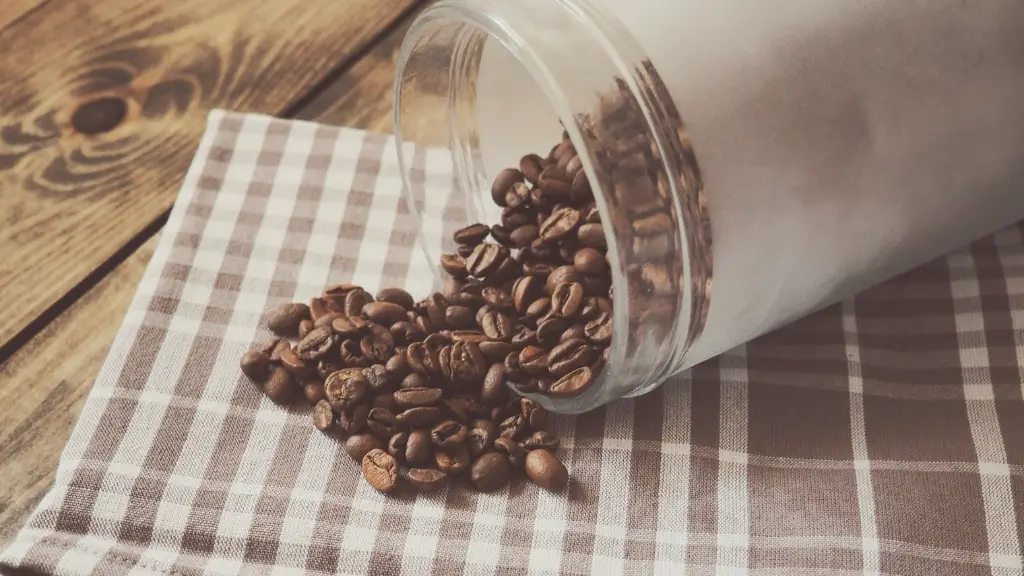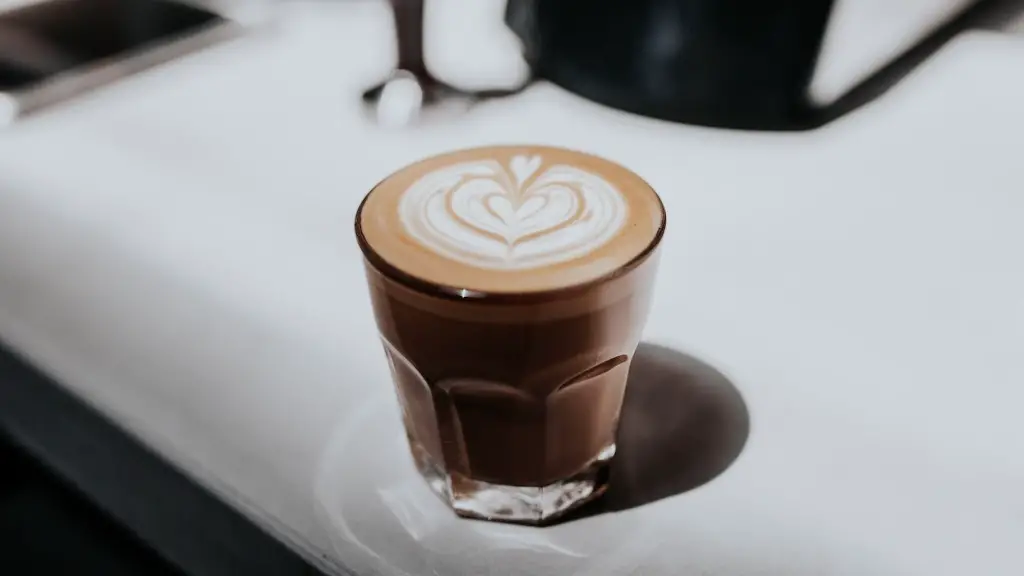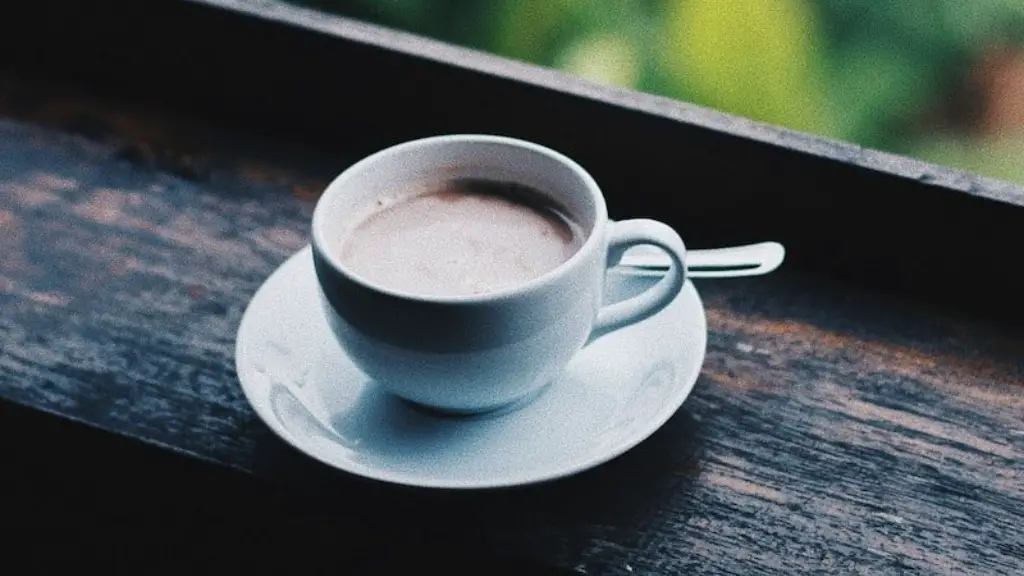The Effects of Coffee and Alcohol
Coffee and alcohol are two of the most popular beverages in the world. While both are consumed for different reasons – coffee to provide energy and alertness, and alcohol to relax and socialize – there is some debate about what happens when you combine them. In this article, we look at the effects of coffee and alcohol when combined, seeking the opinions of experts and providing relevant data to gather an evidence-based conclusion.
Coffee and Alcohol, A Common Combination
According to a survey by the National Coffee Association, nearly sixty percent of all American adults surveyed said they combined coffee and alcohol on a regular basis. This is perhaps not surprising: many alcoholic beverages such as Irish coffee, cappuccino martinis, and espresso martinis are becoming increasingly popular.
Caffeine and Alcohol: a Dangerous Combination?
Despite the increasing popularity of this combination, experts warn that drinking coffee and alcohol together can be risky. According to research by the University of Washington, caffeine can mask the “impairing effects” of alcohol so that people are unaware of how intoxicated they are, leading to an increased risk of alcohol-related injuries.
The effects of this masking can be serious. According to a study conducted in the UK, people who drank a combination of coffee and alcohol reported significantly higher levels of intoxication then those who drank the same amount of alcohol without coffee. This was in spite of the fact that drinkers of the coffee/alcohol combination reported that they felt less intoxicated.
The Impact of Coffee on Alcohol Consumption
While coffee can mask the effects of alcohol, it can also lead to higher levels of alcohol consumption. A study by researchers at the University of Queensland found that people who drank coffee before or during drinking alcoholended up consuming more booze than those who only drank the alcohol. It was hypothesized that this was due to the initial burst of energy people experience when they drink coffee, leading to higher levels of enjoyable beverage consumption.
Coffee and Alcohol: A Complex Interaction
While it is clear that there can be risks associated with mixing coffee and alcohol, the overall impact depends on a variety of factors. Research suggests that the amount of coffee and alcohol consumed, as well as the time of day and how quickly the beverages are consumed, all play a role in the effects. As such, it is worth noting that each individual may react differently to this combination, and so more caution is needed.
The Long-Term Effects of Coffee and Alcohol
The effects of drinking coffee and alcohol do not just extend to the short-term, but can also have long-term effects on health and wellbeing. According to a study by the University of Adelaide, people who regularly combined coffee and alcohol were twice as likely to suffer from anxiety and depression.
It is thought that this could be due to the impact of caffeine on neurotransmitters in the brain, which can have a long-lasting effect. What’s more, the study found that this combination can amplify the negative effects of alcohol and put users at risk of dehydration, insomnia and liver damage in the long term.
How Coffee Changes Alcohol Metabolism
When you combine coffee and alcohol, it can have a significant impact on how the alcohol is metabolized in the body. According to research by Wayne State University, caffeine has been shown to increase the metabolism of alcohol, meaning it is more quickly processed by the body. This can lead to higher levels of alcohol in the bloodstream and feet and reach dangerous levels more quickly.
It is also worth noting that combining coffee and alcohol can slow the feeling of intoxication, meaning people may consume more alcohol than they should. This can put drinkers at higher risk of negative long-term health effects.
Negative Impacts on Sleep Quality
It is not just your mental and physical health that can be impacted when you drink coffee and alcohol-it can also affect your sleep. According to a study conducted by the Sleep Foundation, combining caffeine and alcohol can severely impact sleep quality, which can in turn lead to more health issues. Caffeine and alcohol are both stimulants which can affect the body’s circadian rhythms and impair sleep, leading to fatigue, concentration problems and even more serious issues down the line.
The Pros and Cons ofMixingCoffee and Alcohol
When it comes to combining coffee and alcohol, there is no right or wrong answer. Many people enjoy a combination of coffee and alcohol, and it is important to note that drinking an occasional combination is not necessarily bad for your health. However, the risks become more significant when the combination is consumed regularly and in excessive amounts.
Additionally, it is important to note that caffeine and alcohol can have a detrimental effect on sleep quality, as well as increasing risks of physical and psychological health issues. As such, experts suggest that if you drink both beverages, then it is best to keep them separate and to moderate your amounts of both.
The Potential Benefits of Coffee and Alcohol
Despite the risks of combining coffee and alcohol, there are some potential benefits. Research has shown that combining the two can make the alcohol “go further” and reduce the overall amount of booze consumed. What’s more, coffee can increase alertness and reduce the feeling of being drunk, meaning people may enjoy social occasions more.
It is also worth noting that combining coffee and alcohol can increase well-being and even lead to an overall reduction in stress and anxiety. However, these benefits can only be achieved if the amount consumed is kept to moderate levels.
The Impact of Coffee and Alcohol on Mental Health
The combination of coffee and alcohol can have significant impacts on mental health. According to research, drinking both beverages regularly can increase the risk of various psychological disorders, including depression and anxiety. This is thought to be due to the effects of caffeine on the neurotransmitters in the brain, which can have long-lasting impacts.
It is therefore extremely important to note that both coffee and alcohol should be consumed in moderation, and preferably separately. What’s more, if you are experiencing any mental health issues, it is important to speak to a doctor before consuming either of the beverages.
How Coffee and Alcohol Affect the Body
When coffee and alcohol are consumed together, it can have a range of effects on the body. Firstly, coffee can mask the effects of alcohol, meaning people may consume more than they should. Additionally, caffeine can increase the metabolism of alcohol, meaning it is more quickly processed by the body and can reach dangerous levels more quickly.
Caffeine and alcohol can also lead to issues with sleep, with research showing that combining the two can significantly reduce sleep quality. Finally, regular consumption of both can lead to an increased risk of physical and mental health issues, including depression, anxiety and liver damage.
The Relationship Between Coffee and Alcohol Consumption
When researching the effects of combining coffee and alcohol, it is important to consider the relationship between the two. While both beverages are often consumed together, they are also consumed separately. In this sense, it is important to note that the overall impact on health is not simply a result of combining them, but also whether they are consumed in moderation on their own.
Additionally, research has suggested that there is a link between coffee and alcohol consumption, meaning regular consumption of one is likely to lead to higher consumption of the other. As such, it is important to consider how much of each beverage you are drinking and to keep consumption in moderation, especially if you are drinking both.
The Social Aspect of Coffee and Alcohol
Finally, it is important to consider the social aspects when looking at the impacts of coffee and alcohol. While there are risks associated with combined consumption, it is also important to remember that both drinks are also often consumed for social reasons. Coffee is an important part of many morning rituals, while alcohol is consumed for celebrations and social occasions.
As such, any discussion of the effects of combining coffee and alcohol should also consider the positive impact that both can have on social situations. While excessive consumption can be negative, a moderate level of both can be relaxing and enjoyable in the right settings.



